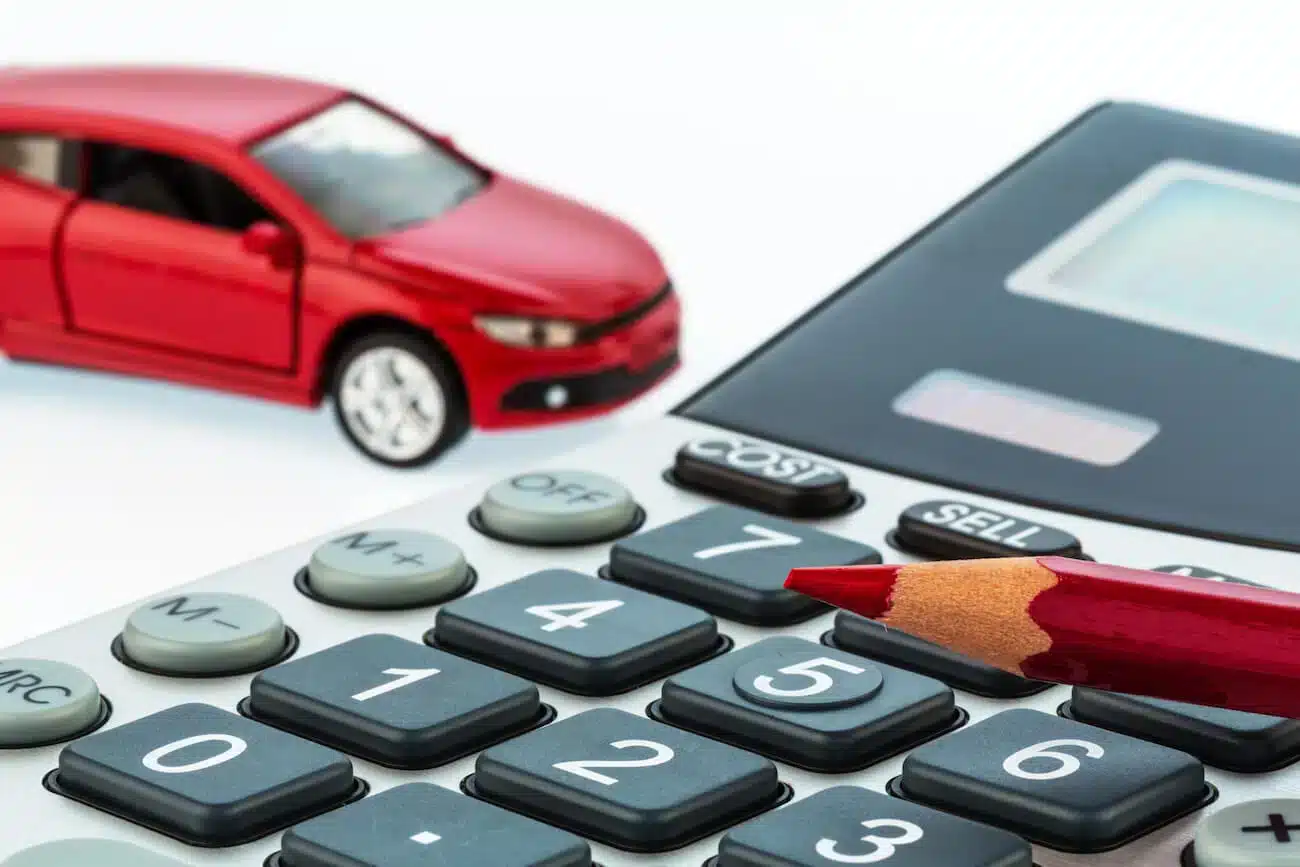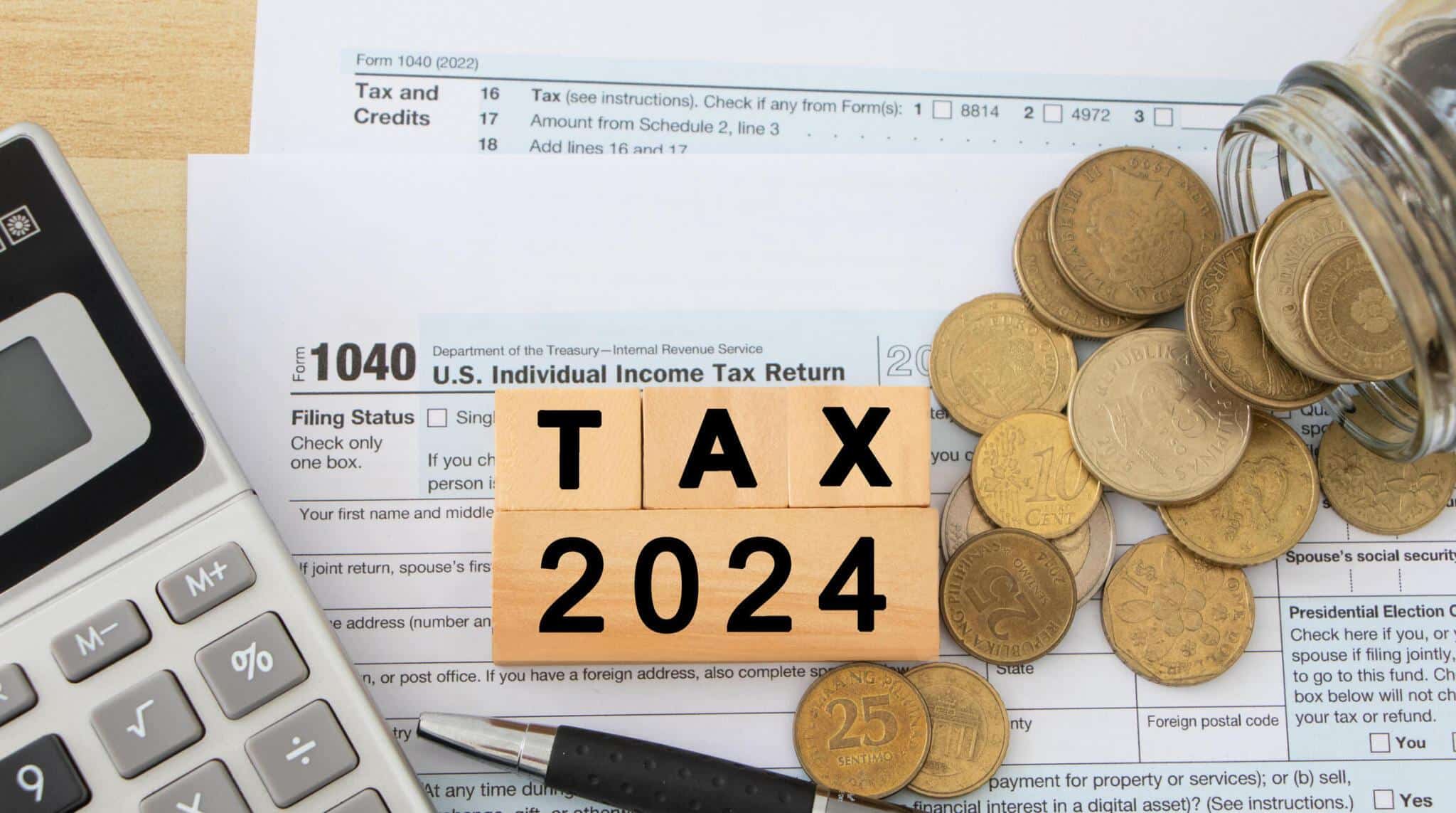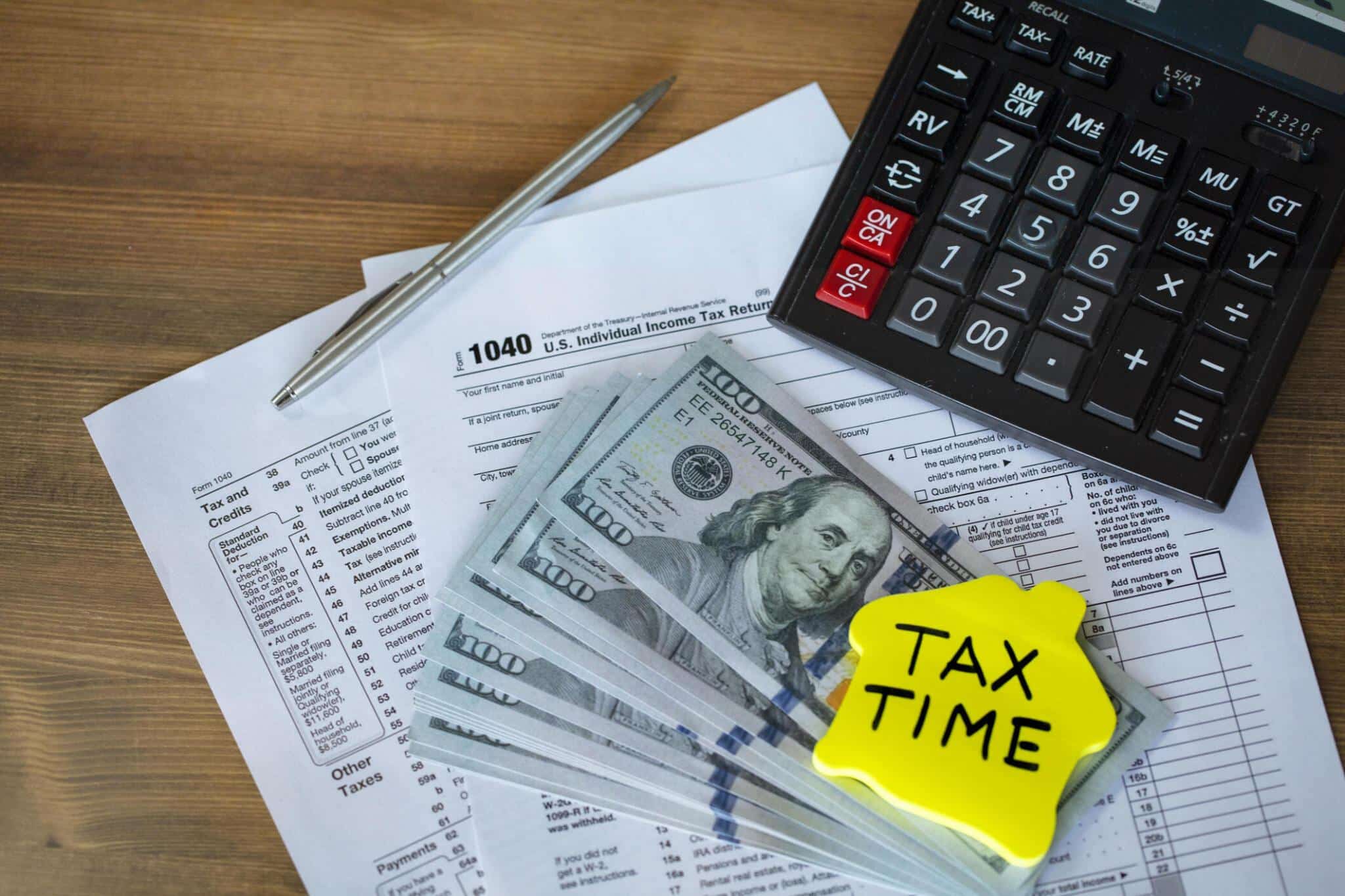Many of us use vehicles to get around during the work day and unless it’s all paid for by the company, it’s important to keep a record of vehicle expenses so you can claim them at the end of the financial year and reduce your tax bill.
Take a look at some information about claiming work car expenses:
Can you claim the cost of buying a work car?
If you own a business and buy a car purely for business-related purposes, the cost could potentially be written off as part of the instant asset write off scheme, depending on your business turnover, the value of the vehicle and when you start using it.
In other cases, if you use the vehicle solely for work, you may be eligible for a GST credit on the purchase. A vehicle that is used partially for work may get a partial GST credit. Make sure you keep the invoices from the purchase of the vehicle because the ATO will want to see them before they give you any money back.
As an employee, it is harder to write off the cost of a car you buy, although you could speak to your employer about a novated lease, which extracts your vehicle payments from your pre-tax wages.
What can you claim?
When it comes to day to day use, the ATO lists the following as what you can claim on your work vehicle:
- fuel and oil
- repairs and servicing
- interest on a motor vehicle loan
- lease payments
- insurance cover premiums
- registration
What about when my vehicle depreciates?
Vehicles are destined to depreciate/lose value, and the ATO knows this. That’s why you can claim depreciation. With the impact of COVID-19, the government has implemented more measures to help with depreciation issues. Make sure to read more about how they can help you or speak to one of our tax accountants to figure out how much value your vehicle has lost over the financial year.
Does everything apply to all vehicles?
The ATO separates work vehicles into two classifications: ‘cars’ and ‘other vehicles’:
- Cars: The ATO defines cars as all vehicles that are designed to carry less than a tonne and less than nine passengers. This will often include four-wheel drives and smaller utes.
- Other vehicles: If it doesn’t fit the ATO’s definition of a car then it fits into other vehicles. This includes motorbikes, minivans and buses that carry more than nine passengers, and utes or trucks that carry more than one tonne.
How do I record my vehicle expenses?
Keeping track of the money you spend to operate your vehicle for work will make things a lot easier at tax time. There are three methods for recording your vehicle expenses:
- The cents by kilometre method: When you use the cents by kilometres method, you can claim up to a maximum of 5,000 kilometres. Currently, the ATO calculates 72 cents per kilometre which take into account running expenses and depreciation. If you claim cents by kilometre, you can’t also claim depreciation. If vehicles travel more than 5,000 kilometres, you have to use the logbook method.
- The logbook method: The logbook method means keeping details of the odometer readings and journey details for each vehicle. Logbooks must be used for at least 12 consecutive weeks. After that those 12 weeks will be seen as indicative of the vehicle’s use throughout the year.
- Providing receipts: The final method is to save the receipts for all expenses incurred for every vehicle, including petrol, servicing, tolls etc.
Does the style of my business have any impact?
Yes. What you can claim and how you can claim differs significantly between different business structures.
- Sole traders and partnerships: As a sole trader, you can claim expenses for all work-related vehicle use. Make sure to differentiate between work and private uses. For cars, you can use the cents per kilometre or the logbook method. For other vehicles, you can only claim expenses using actual receipts.
- Companies and trusts: As with sole traders and partnerships, you can only claim for the actual day to day work use. Companies and trusts cannot use the cents by kilometre or logbook methods; you are required to provide receipts.
For more information, make sure to visit the ATO website. It is also a good idea to talk to your tax accountant about your vehicle fleet. This expert will know exactly what you can and can’t claim and will help you get the most out of your tax return.
Want to know more about claiming tax deductions? Speak to Mobbs & Co today.










